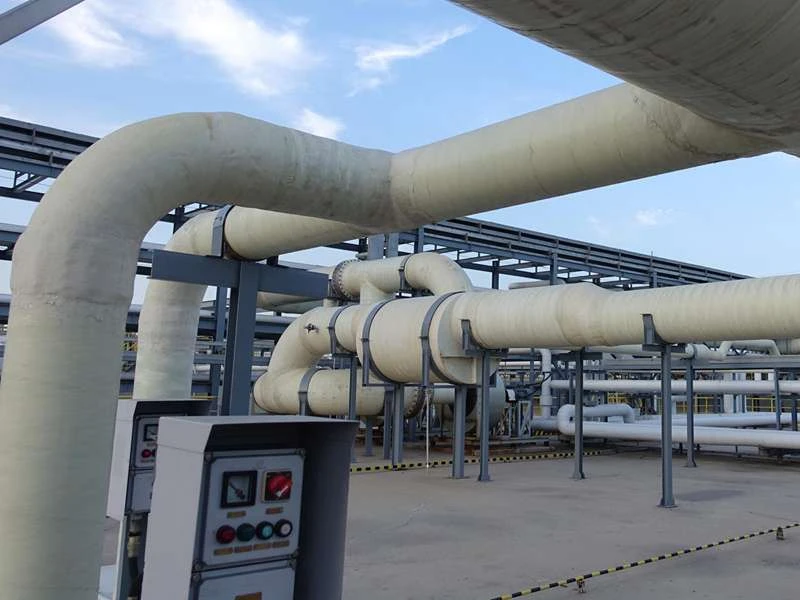
-
 Afrikaans
Afrikaans -
 Albanian
Albanian -
 Amharic
Amharic -
 Arabic
Arabic -
 Armenian
Armenian -
 Azerbaijani
Azerbaijani -
 Basque
Basque -
 Belarusian
Belarusian -
 Bengali
Bengali -
 Bosnian
Bosnian -
 Bulgarian
Bulgarian -
 Catalan
Catalan -
 Cebuano
Cebuano -
 China
China -
 China (Taiwan)
China (Taiwan) -
 Corsican
Corsican -
 Croatian
Croatian -
 Czech
Czech -
 Danish
Danish -
 Dutch
Dutch -
 English
English -
 Esperanto
Esperanto -
 Estonian
Estonian -
 Finnish
Finnish -
 French
French -
 Frisian
Frisian -
 Galician
Galician -
 Georgian
Georgian -
 German
German -
 Greek
Greek -
 Gujarati
Gujarati -
 Haitian Creole
Haitian Creole -
 hausa
hausa -
 hawaiian
hawaiian -
 Hebrew
Hebrew -
 Hindi
Hindi -
 Miao
Miao -
 Hungarian
Hungarian -
 Icelandic
Icelandic -
 igbo
igbo -
 Indonesian
Indonesian -
 irish
irish -
 Italian
Italian -
 Japanese
Japanese -
 Javanese
Javanese -
 Kannada
Kannada -
 kazakh
kazakh -
 Khmer
Khmer -
 Rwandese
Rwandese -
 Korean
Korean -
 Kurdish
Kurdish -
 Kyrgyz
Kyrgyz -
 Lao
Lao -
 Latin
Latin -
 Latvian
Latvian -
 Lithuanian
Lithuanian -
 Luxembourgish
Luxembourgish -
 Macedonian
Macedonian -
 Malgashi
Malgashi -
 Malay
Malay -
 Malayalam
Malayalam -
 Maltese
Maltese -
 Maori
Maori -
 Marathi
Marathi -
 Mongolian
Mongolian -
 Myanmar
Myanmar -
 Nepali
Nepali -
 Norwegian
Norwegian -
 Norwegian
Norwegian -
 Occitan
Occitan -
 Pashto
Pashto -
 Persian
Persian -
 Polish
Polish -
 Portuguese
Portuguese -
 Punjabi
Punjabi -
 Romanian
Romanian -
 Russian
Russian -
 Samoan
Samoan -
 Scottish Gaelic
Scottish Gaelic -
 Serbian
Serbian -
 Sesotho
Sesotho -
 Shona
Shona -
 Sindhi
Sindhi -
 Sinhala
Sinhala -
 Slovak
Slovak -
 Slovenian
Slovenian -
 Somali
Somali -
 Spanish
Spanish -
 Sundanese
Sundanese -
 Swahili
Swahili -
 Swedish
Swedish -
 Tagalog
Tagalog -
 Tajik
Tajik -
 Tamil
Tamil -
 Tatar
Tatar -
 Telugu
Telugu -
 Thai
Thai -
 Turkish
Turkish -
 Turkmen
Turkmen -
 Ukrainian
Ukrainian -
 Urdu
Urdu -
 Uighur
Uighur -
 Uzbek
Uzbek -
 Vietnamese
Vietnamese -
 Welsh
Welsh -
 Bantu
Bantu -
 Yiddish
Yiddish -
 Yoruba
Yoruba -
 Zulu
Zulu
Customized FRP Fittings - Tailored Solutions for Your Needs
Customized FRP Fittings Revolutionizing the Industry
In recent years, the demand for customized fittings in various industries has soared, particularly with the advent of Fiber Reinforced Polymer (FRP) technology. FRP materials are known for their exceptional strength-to-weight ratio, corrosion resistance, and durability, making them an ideal choice for various applications. Customized FRP fittings, in particular, have emerged as a game-changer in sectors such as construction, telecommunications, and chemical processing.
Customized FRP Fittings Revolutionizing the Industry
Furthermore, the lightweight nature of FRP reduces transportation and installation costs. Customized fittings can be designed to fit precisely into existing infrastructures, minimizing the need for extensive modifications and ensuring a seamless fit. This not only expedites the installation process but also enhances overall project efficiency.
frp customized fittings

Durability is another critical factor that makes customized FRP fittings highly sought after. They are resistant to harsh chemicals, moisture, and extreme temperatures, making them ideal for installations in corrosive environments. For instance, in the chemical processing industry, where equipment is often subjected to aggressive substances, FRP fittings can provide a long-lasting and low-maintenance solution compared to traditional materials that may degrade over time.
Moreover, the customization process is facilitated by advanced technologies such as computer-aided design (CAD) and 3D printing. These technologies allow manufacturers to create precise prototypes, which can be tested and modified before full-scale production. This iterative process ensures that the final product meets all specifications, thereby enhancing reliability and customer satisfaction.
The impact of customized FRP fittings extends beyond profitability; it also promotes sustainability. By using FRP, companies can reduce their carbon footprint due to the decreased energy consumption associated with lightweight materials. Additionally, the longevity of FRP fittings means fewer replacements over time, further promoting resource conservation.
In conclusion, customized FRP fittings represent a significant advancement in material technology, offering tailored solutions that address the diverse needs of various industries. Their lightweight nature, durability, and compatibility with modern design technologies make them an invaluable asset in today’s market, paving the way for more efficient and sustainable practices. As industries continue to evolve, the demand for such innovations will undoubtedly grow, solidifying FRP's role as a cornerstone of future infrastructure development.
Latest news
-
Exploring the Benefits of Top Hammer Drifter Rods for Enhanced Drilling PerformanceNewsJun.10,2025
-
High-Precision Fiberglass Winding Machine for GRP/FRP Pipe Production – Reliable & Efficient SolutionsNewsJun.10,2025
-
FRP Pipes & Fittings for Shipbuilding - Corrosion-Resistant & LightweightNewsJun.09,2025
-
Premium FRP Flooring Solutions Durable & Slip-ResistantNewsJun.09,2025
-
Premium Fiberglass Rectangular Tanks Durable & Lightweight SolutionNewsJun.09,2025
-
Tapered Drill String Design Guide Durable Performance & UsesNewsJun.09,2025









